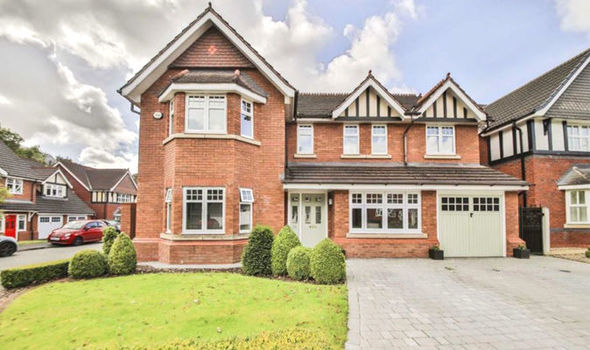The chancellor Kwasi Kwarteng announced plans to cut stamp duty in the government’s mini-budget today in order to aid economic growth. The cut in stamp duty is intended to allow more people to move homes and provide first-time buyers with a better chance to get on the property market.
The cut raised the threshold of how much a property has to cost before paying stamp duty to 250,000, doubling from the previous 125,000. Also introducing a measure of first-time buyers paying no stamp duty on the first £420,000, and the value of the property which first-time buyers can claim relief from £500,000 to £625,000 – the steps taken mean that 200,000 people will be taken out of paying stamp duty altogether
Properties in the UK are now more unaffordable than ever, with figures released by the ONS showing that the average home sold in England cost the equivalent of 8.7 times the average annual disposable income – which is the worst affordability ratio in England since records began in 1999. For many Brits, getting onto the property ladder is now an unachievable dream. The industry has been suffering in the past few years with a severe undersupply of housing – which has pushed average house prices to a record £294,260 according to recent statistics from Halifax. The UK property market has been buoyant since last year – with house price growth showing an extraordinary 11.8% annual rise in 2021. This rise can be attributed, predominantly, to the stamp duty holiday. This was a tax break introduced in the UK during the peak of the coronavirus pandemic in July 2020, which scrapped the transfer tax on the first £500,000 of a home sale with savings of up to £15,000 available to buyers.
David Hannah, Group Chairman of Cornerstone Tax provides some expert insight:
“We all know the challenges facing Liz Truss regarding UK’s property market – inflation and rising interest rates are causing a whole raft of issues. We’ve seen a surge in building costs and building materials which is slowing down construction. At the same time, the affordability of mortgages has worsened and that’s going to impact first-time buyers, but also anybody on a variable rate mortgage. Finally, it will inevitably lead to a slowdown in construction which will exacerbate the under-supply of UK property. So, whilst prices might flatten and the rate of growth may slow, I don’t expect property prices to fall.
“The cut in stamp duty announced today hopes to provide first-time buyers with a better chance to get on the property market. With properties in the UK standing at the most unaffordable levels ever, anything which eases the ability to buy first homes is welcomed. Stamp duty is something which can delay the process of buying a house and add extra unforeseen costs.
“The cut raises the threshold of how much a property has to cost before paying stamp duty to £250,000, doubling from the previous £125,000. First time buyers previously paid no stamp duty on the first £300,000 which was also increased to £420,000, and the value of the property which first-time buyers can claim relief from £500,000 to £625,000 – the steps taken mean that 200,000 people will be taken out of paying stamp duty altogether.
“With figures released earlier this year from Zoopla showing more homes have been pushed into the higher stamp duty bracket, the need for the brackets to be increased in line with inflation is evident. The mini-budget also announced plans to provide more available space for properties to be built – a move to combat the unbalanced supply and demand level in the UK property market. “




